︎ INTERVIEW: BOTTLED WATER RESEARCH
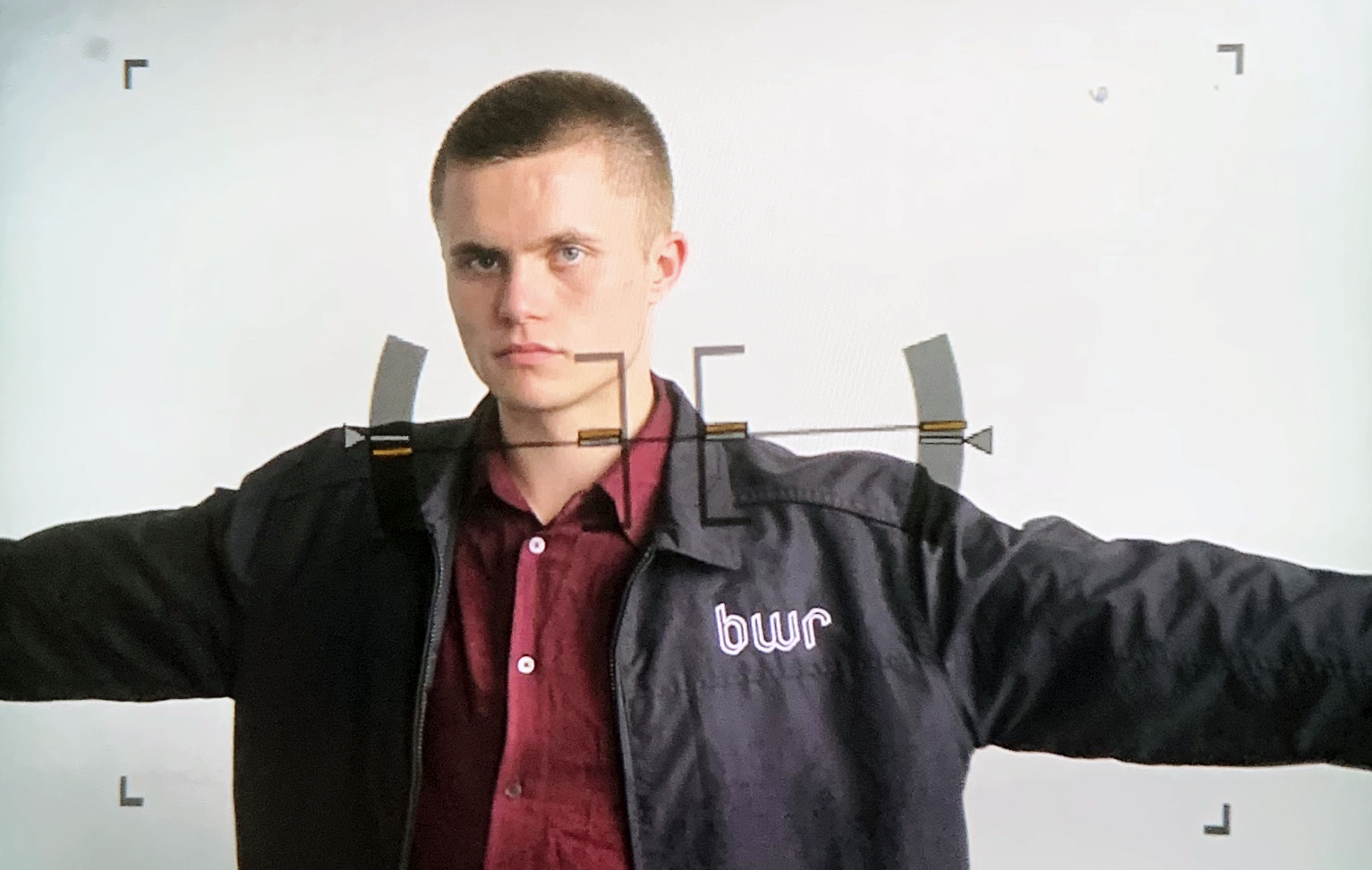
Cortex speak with Ewan Waddell of BOTTLED WATER RESEARCH, a creative research platform exploring ideas related to ethics and existence. “Through interviews and collaborations we aim to provide an expressive platform for unique individuals to convey their perspectives, and through self-directed exercises we invite the audience to engage with complex moral concepts and questions.”
You can discover more about Bottled Water Research on their WEBSITE and INSTAGRAM.
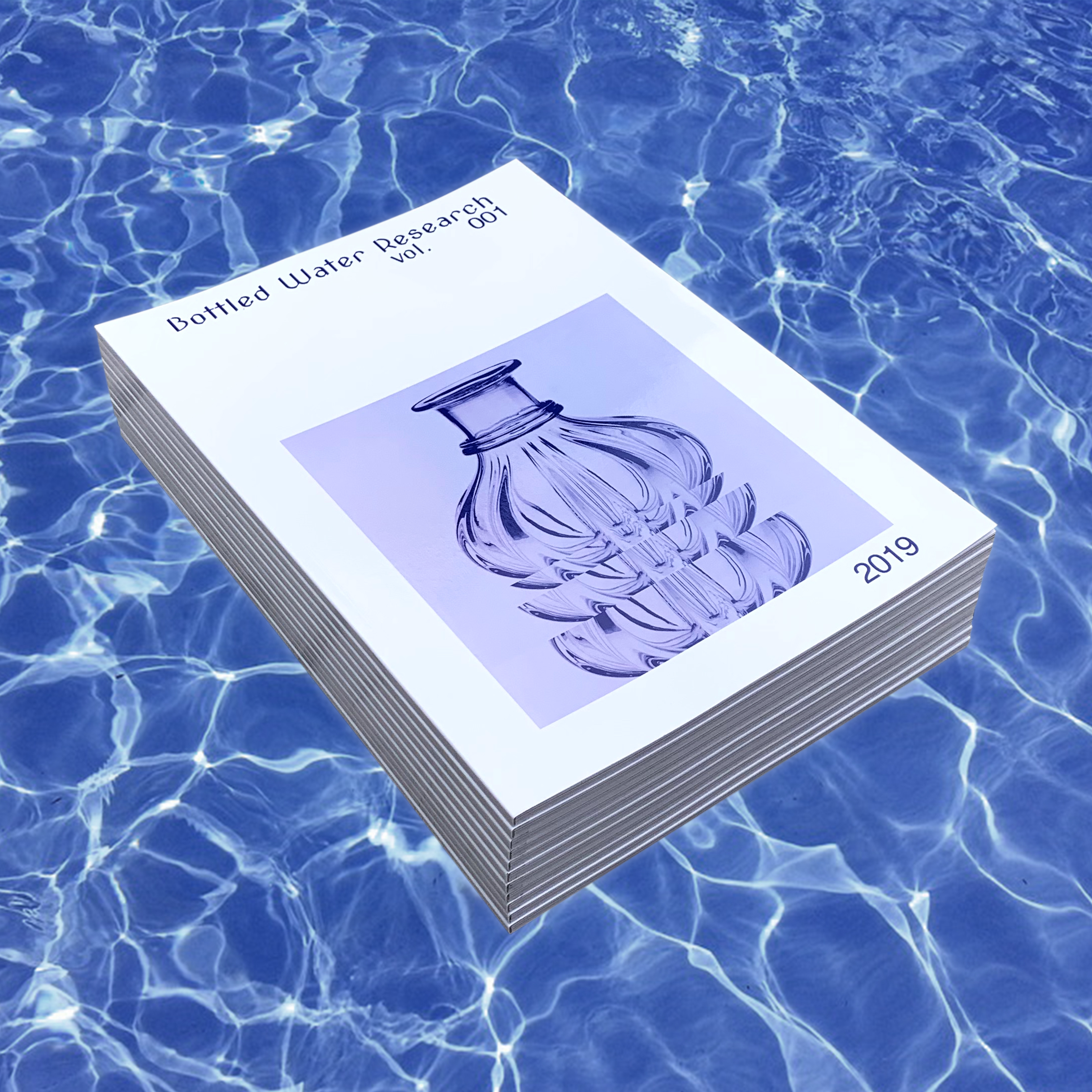
You recently launched Bottled Water Research, an ‘expressive research platform’. Can you give an insight into your intentions and the process of creating this project?
When I looked at most of the creative projects I’d worked on for the past couple of years, I noticed that they basically all had this common narrative thread of exploring ideas that pertain to ethics or to modern existence, so I thought it might be more efficient to create a platform to focus on this theme, whilst opening the door for collaboration.
What is The Liberty Collection?
The project utilises the medium of contemporary streetwear to explore the relationship between money and social impact. It’s intended as a ‘moral exercise’ for the consumer, as the clothing garments are marked with the signature of North Korean leader Kim Jong-un, while fifty-percent of the profits are donated to Liberty in North Korea - an NGO that aids refugees in escaping from the country.
It's meant to be a gateway to a complex discussion... Because obviously it’s a bit ethically questionable to profit off of a murderous dictator’s penmanship, but if the revenue also creates positive good, then is it ok? I don’t know. The point is not for BWR to give you an answer, the point is to make you think and consider, and rather than brush off a complex and maybe difficult line of thinking, it’s inviting the consumer to actually consider it, and actually partake in some potentially uncomfortable internal dialogue. And I think that’s good because it doesn’t seem to happen as often these days. People seem more tribal and consume the ideas and beliefs of those around them so they ‘fit in’, rather than doing the hard work of thinking for themselves.
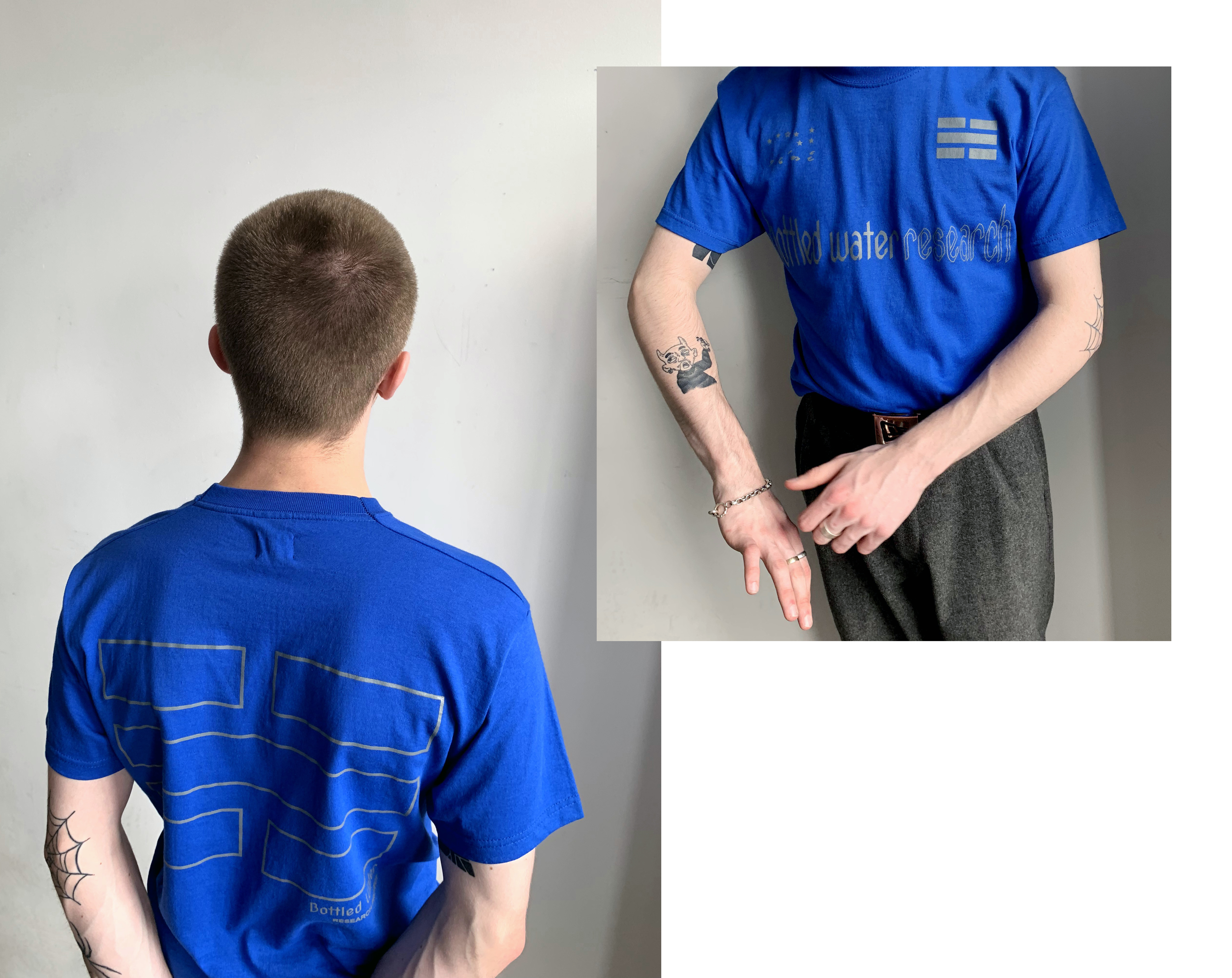
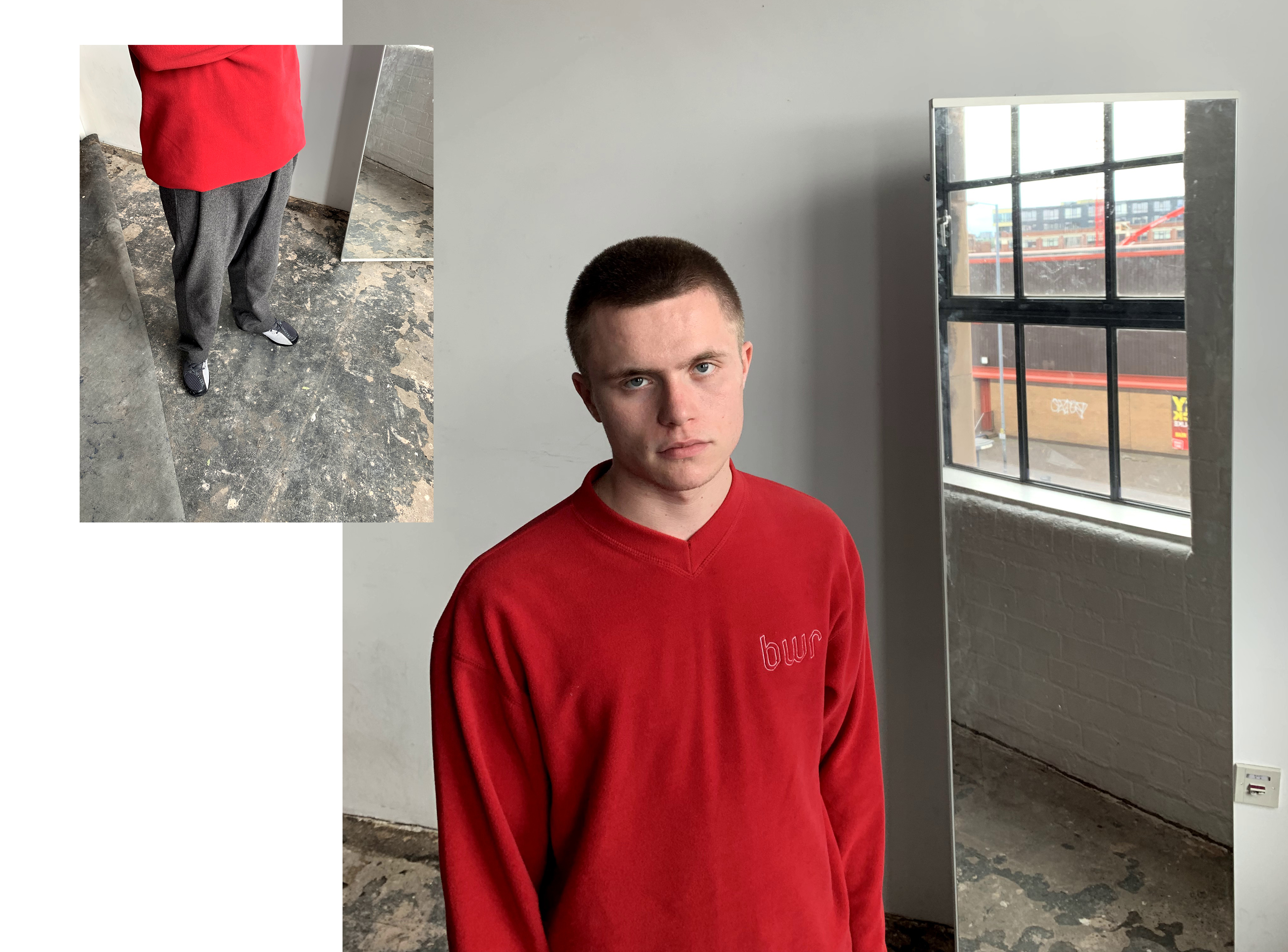
How would you define art?
To express thoughts, feelings or ideas outside of common language.
What research is currently most informing your practice?
Anthropology books and podcasts. Mainly looking at the tension between the lack of biological evolution, and the explosion of technological evolution. We’ve created environments that we’re not designed to live in, but we pretend we are. I find this really interesting.
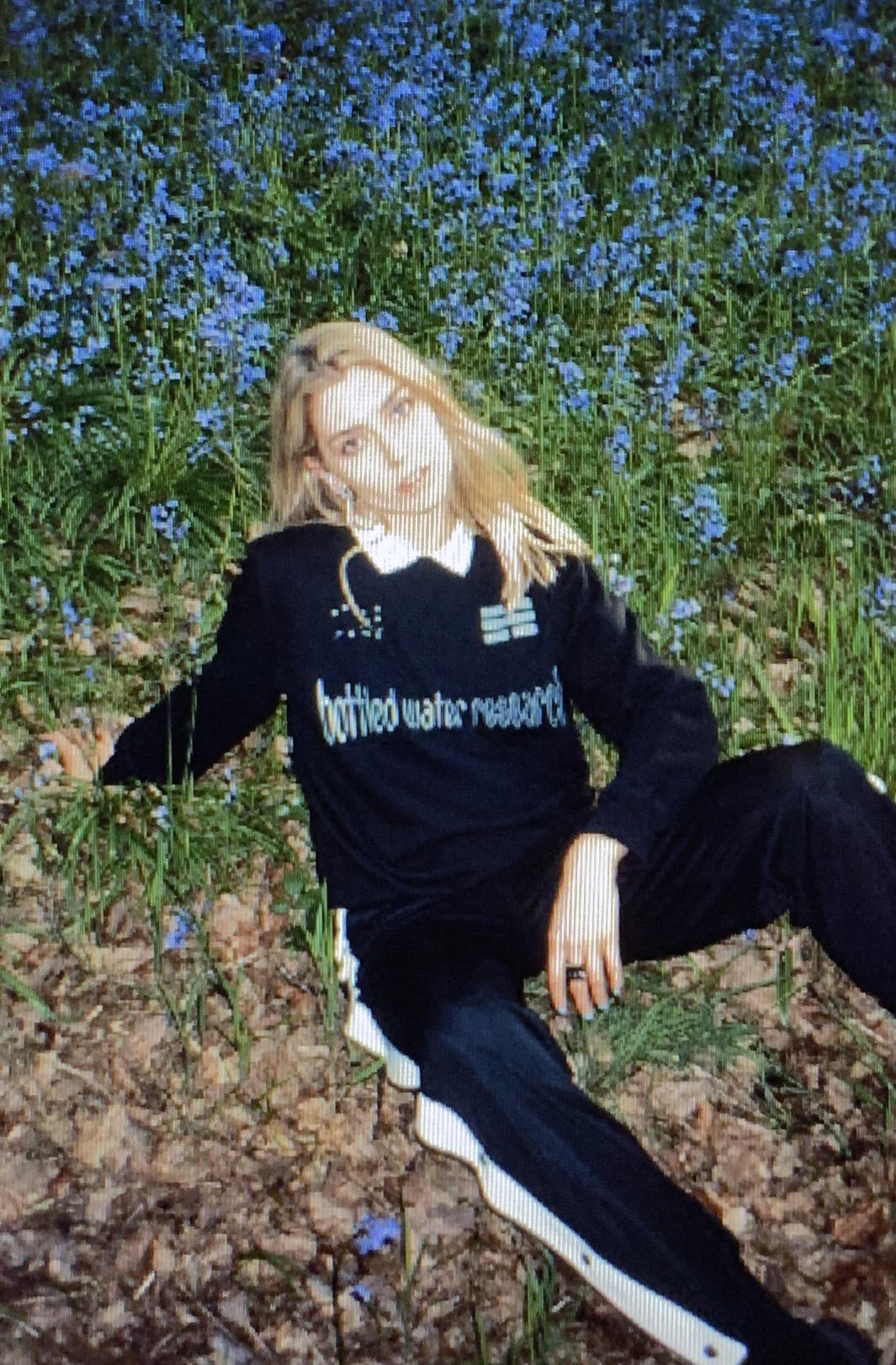
What are the best and worst aspects of being an artist?
The worst thing might be that you have to work all the time to get any kind of success. But the best might be that you get to work all the time doing something you actually give a fuck about.
Which creative person are you obsessing over currently?
Photographer Michael Wolf. He frames the claustrophobia of living in cities in a really elegant way.
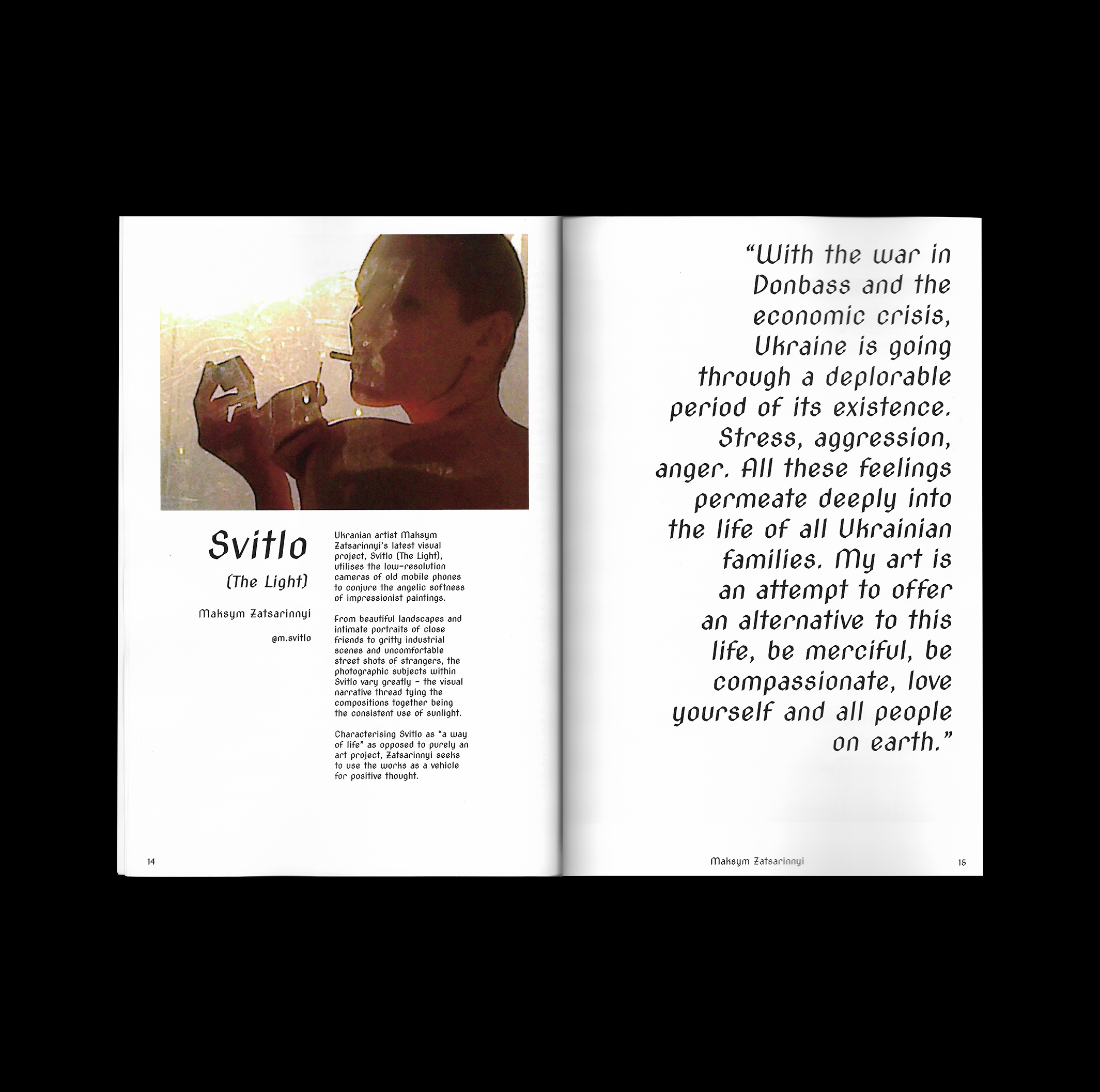
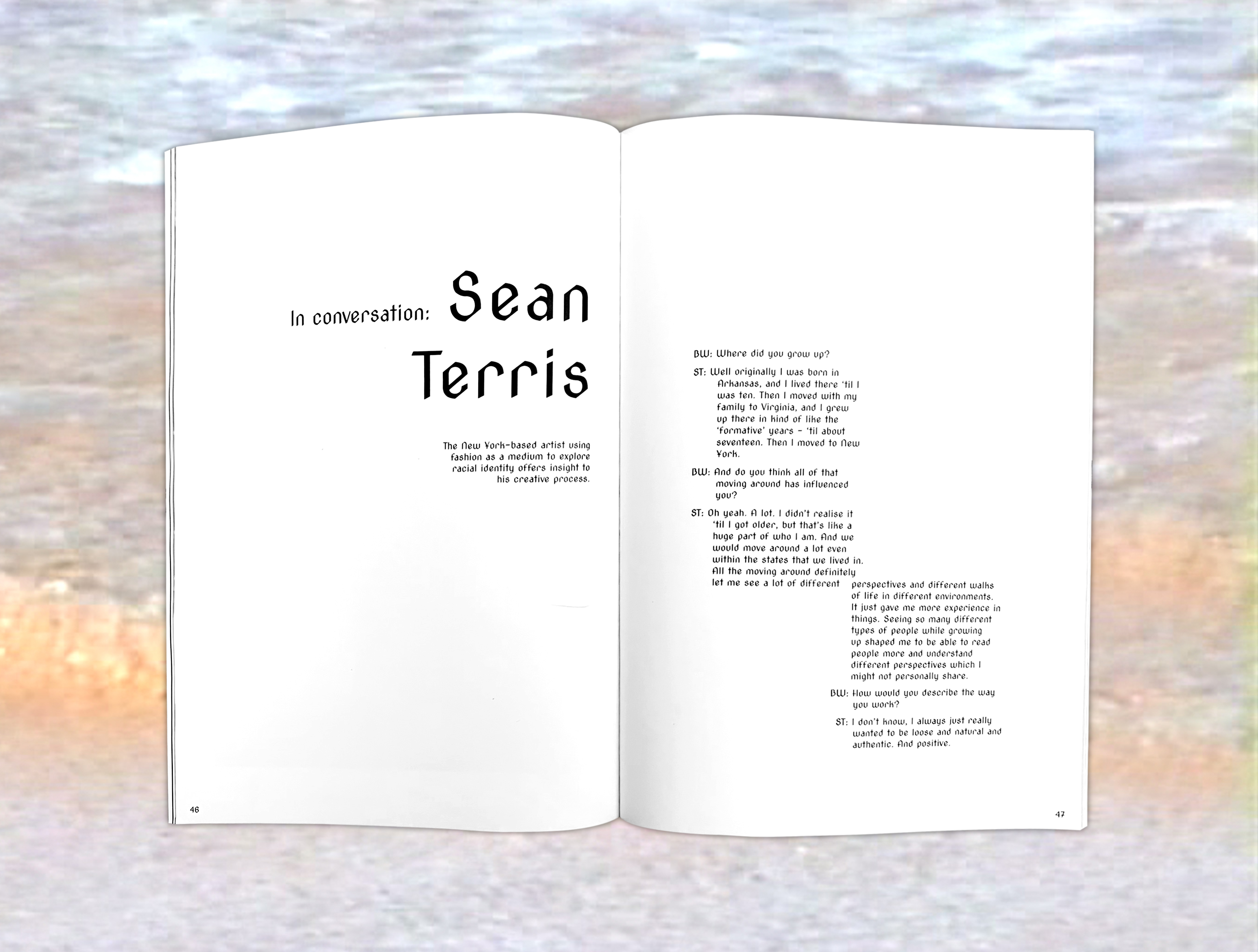
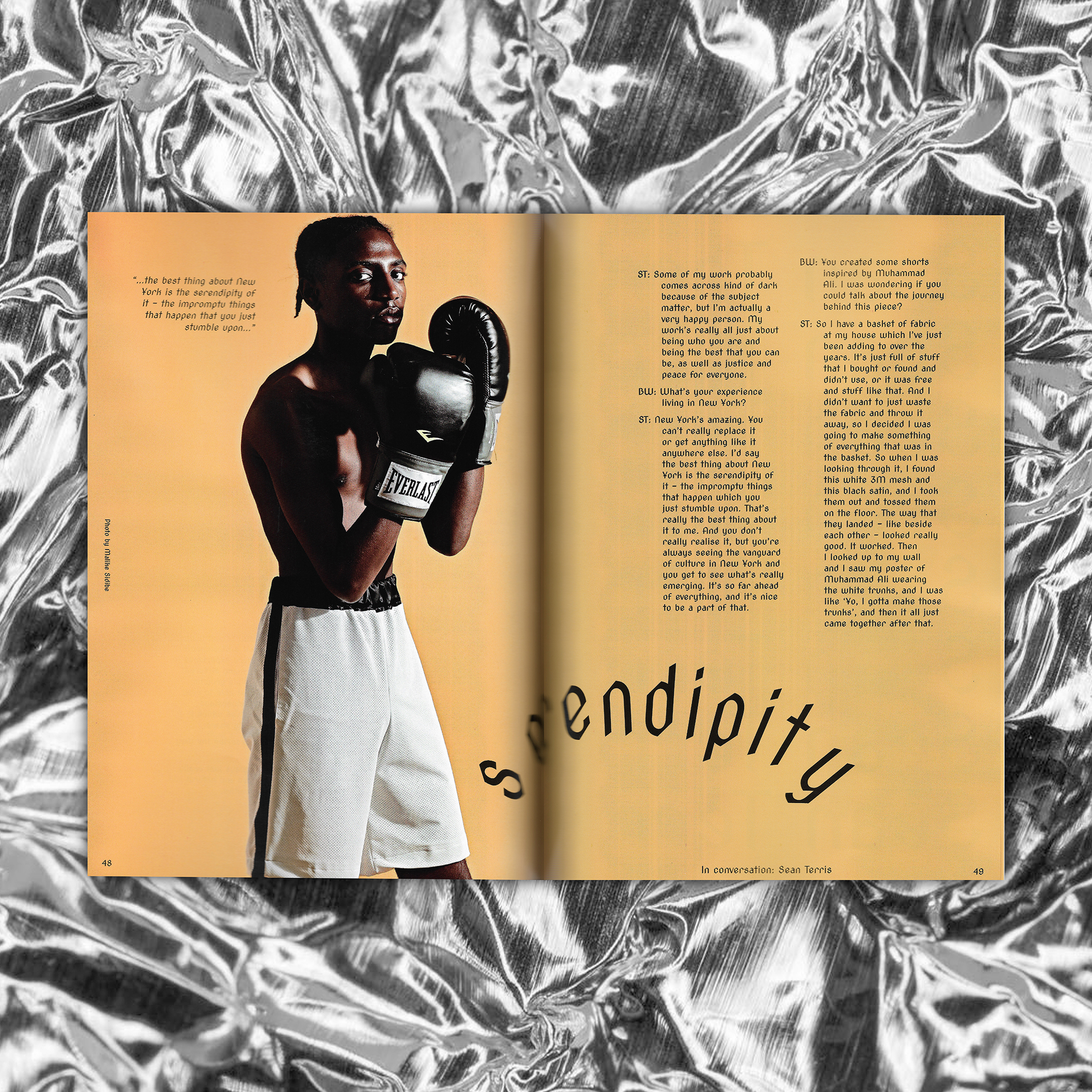
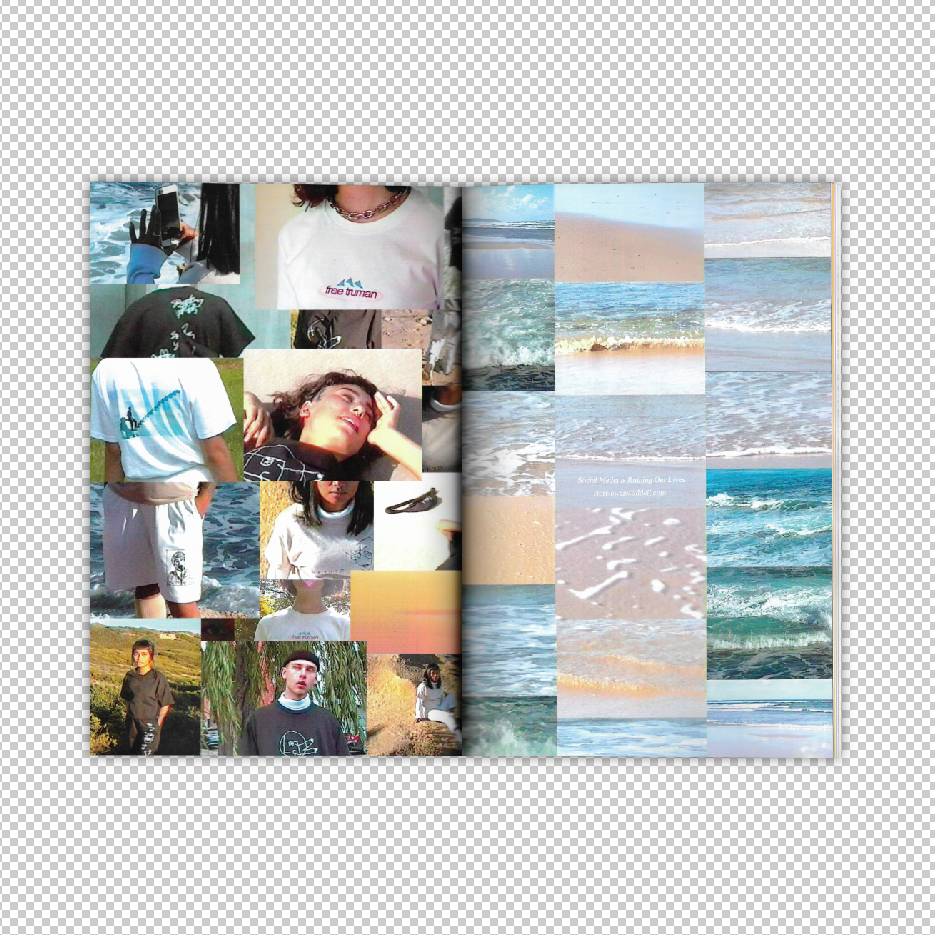
How can you attract people to pay attention to art, who may not currently be interested?
Make it less cunty, and more accessible. Less academic art theory, more simplified terms. George Orwell wrote a really good essay called ‘The Politics of the English Language’, which basically criticised the higher-classes for imprisoning important ideas and concepts behind academic language and terminology, preventing people with a lesser education from understanding them. I think this applies to the art world as well in some ways.
How can we reserve and inform the next generation about the history and tradition of art, whilst continuing to be curious and question its boundaries and relevance today?
More free exhibitions.
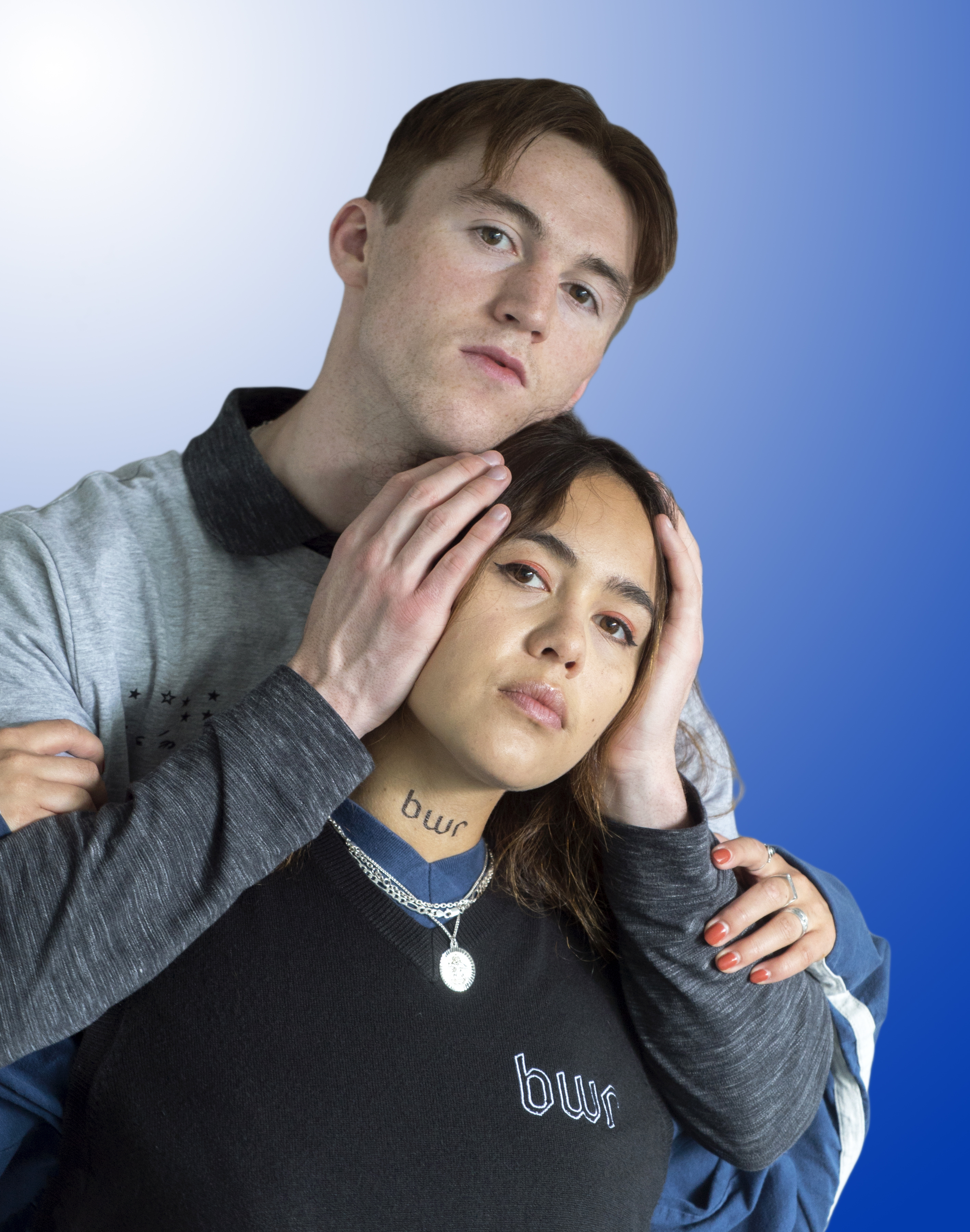
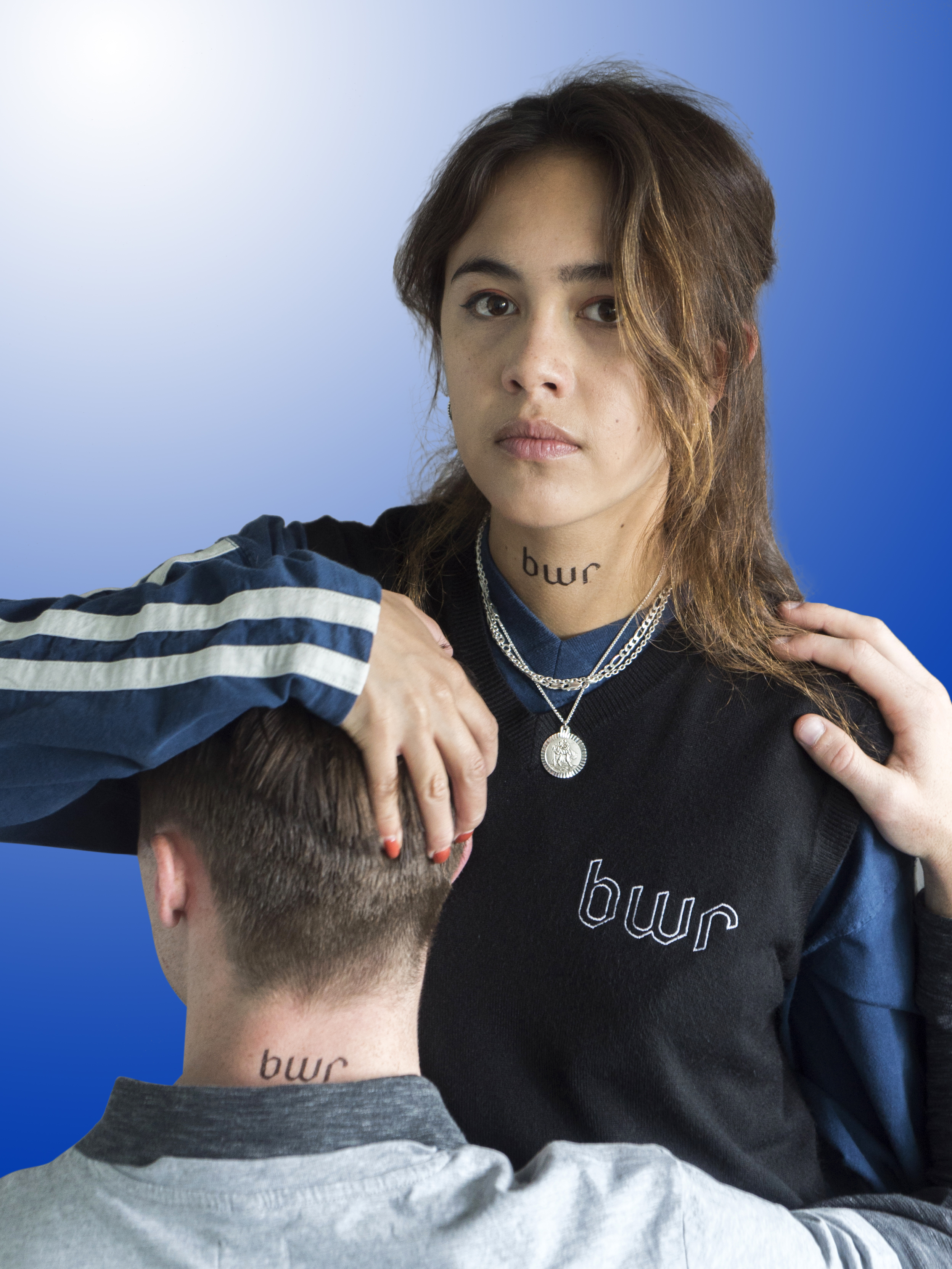
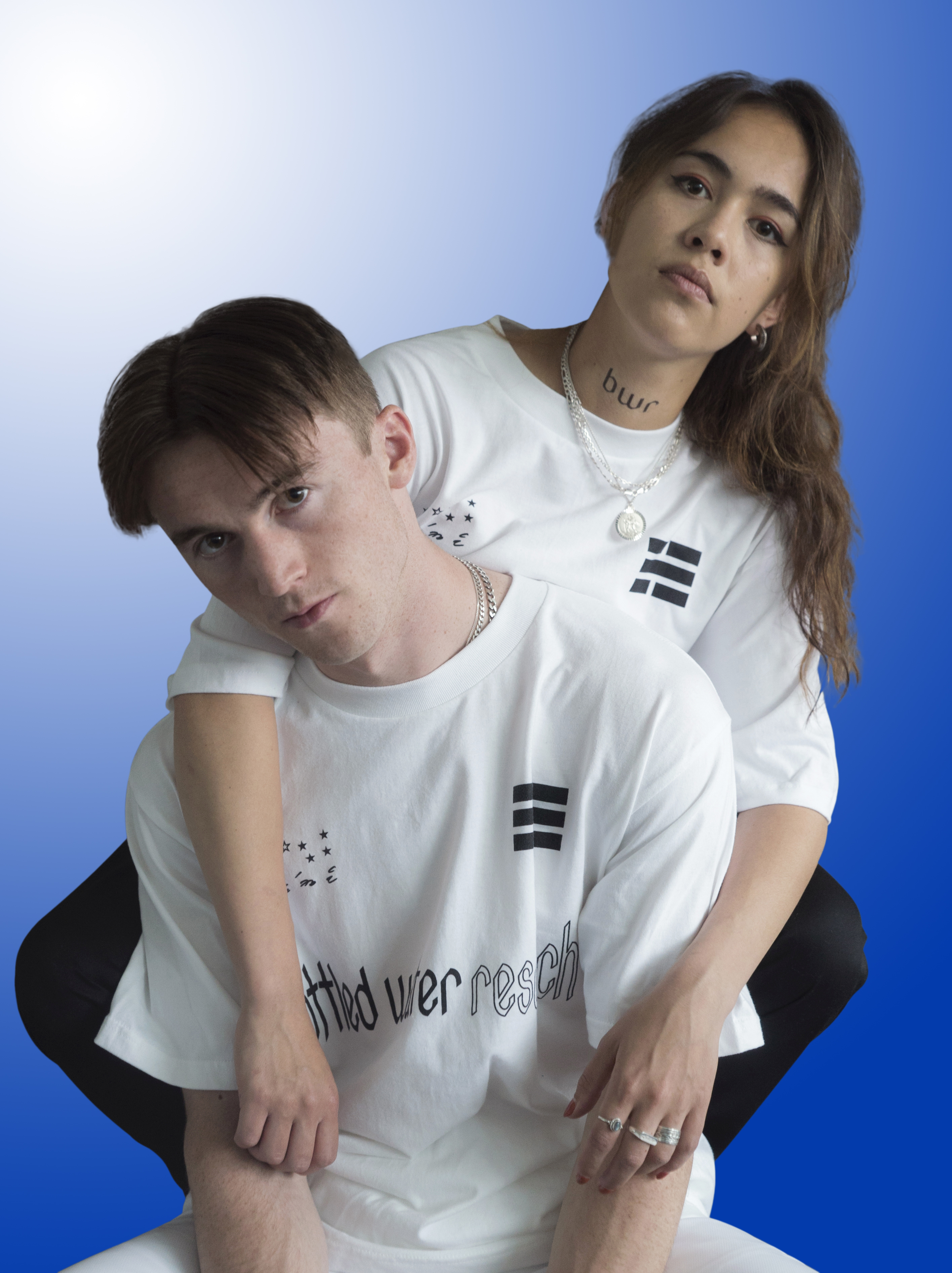
How do you best approach the challenge of monetising the art you make?
If only I knew. It’s a massive guessing game when you’re young. You have to love what you do because you’re going to lose money and it’s going to be a lot of trial and error.
What are three questions you don’t have an answer for?
Who’s telling the truth? Does art make anything better? Does technology make us worse people, or does it just bring the bad out of us?
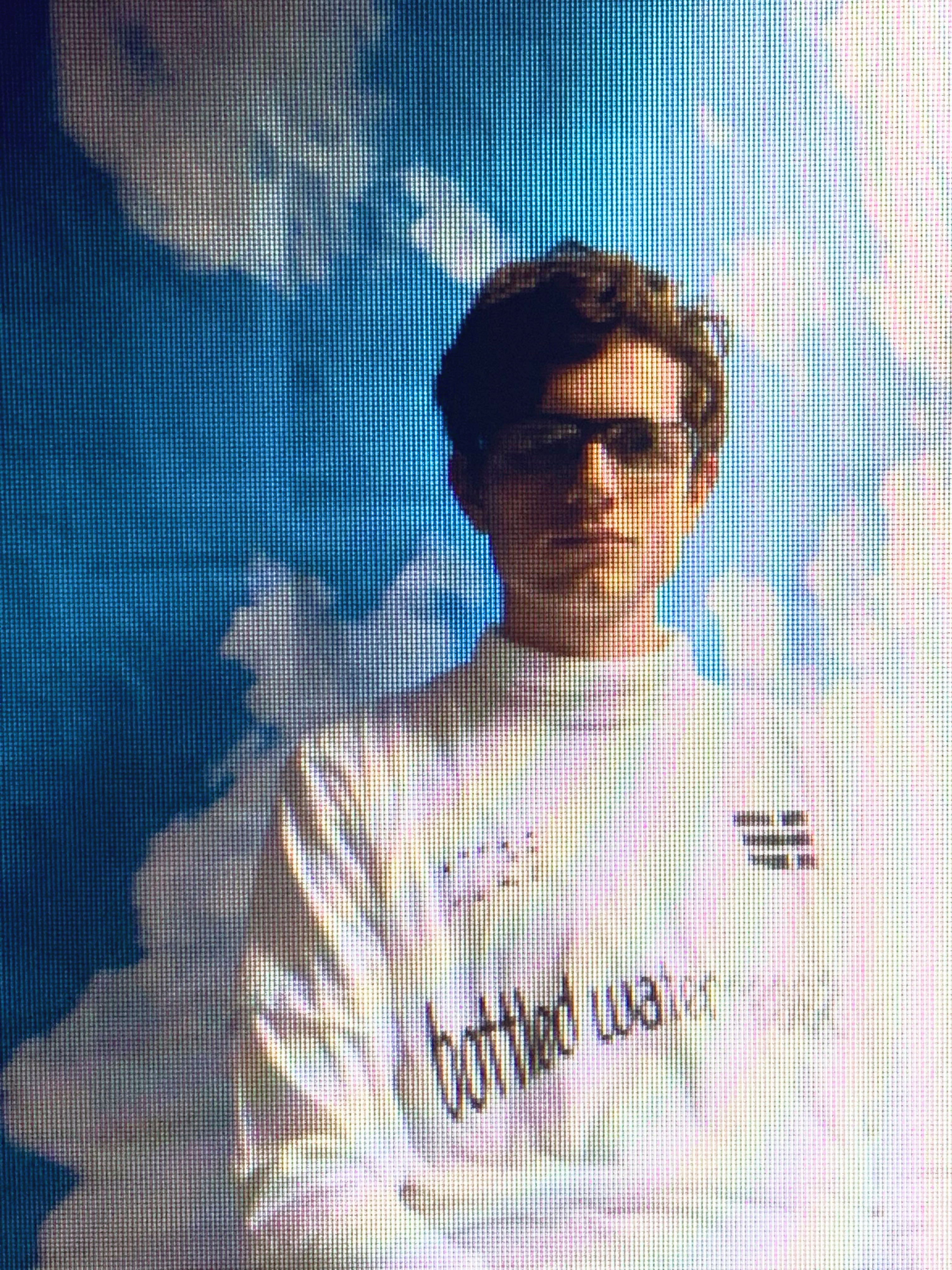
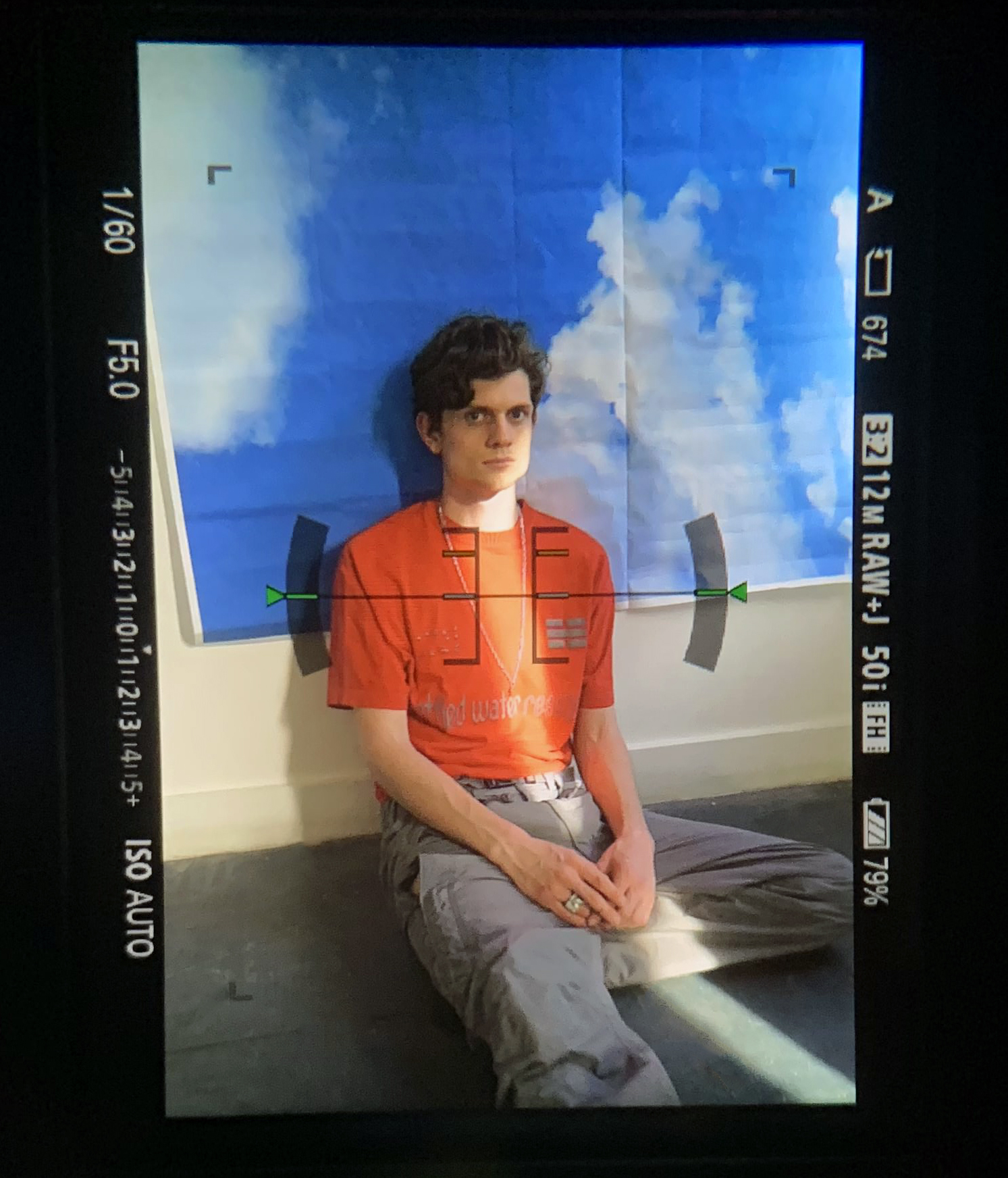
How does Western culture challenge and influence you as an artist?
The competitive nature of a Western, capitalist culture definitely makes me work harder. Not sure if that’s a good thing though. Stress ages you, and I think sometimes the healthiest thing to do for your mind is chill.
Do you ever see art that's mind-blowing and makes you rethink your whole practice?
A lot, yes. But it’s not always just the art itself. Sometimes it’s just the way your brain chemistry is balanced out at the time, and it just makes your mind ready to absorb shit on a deeper level.
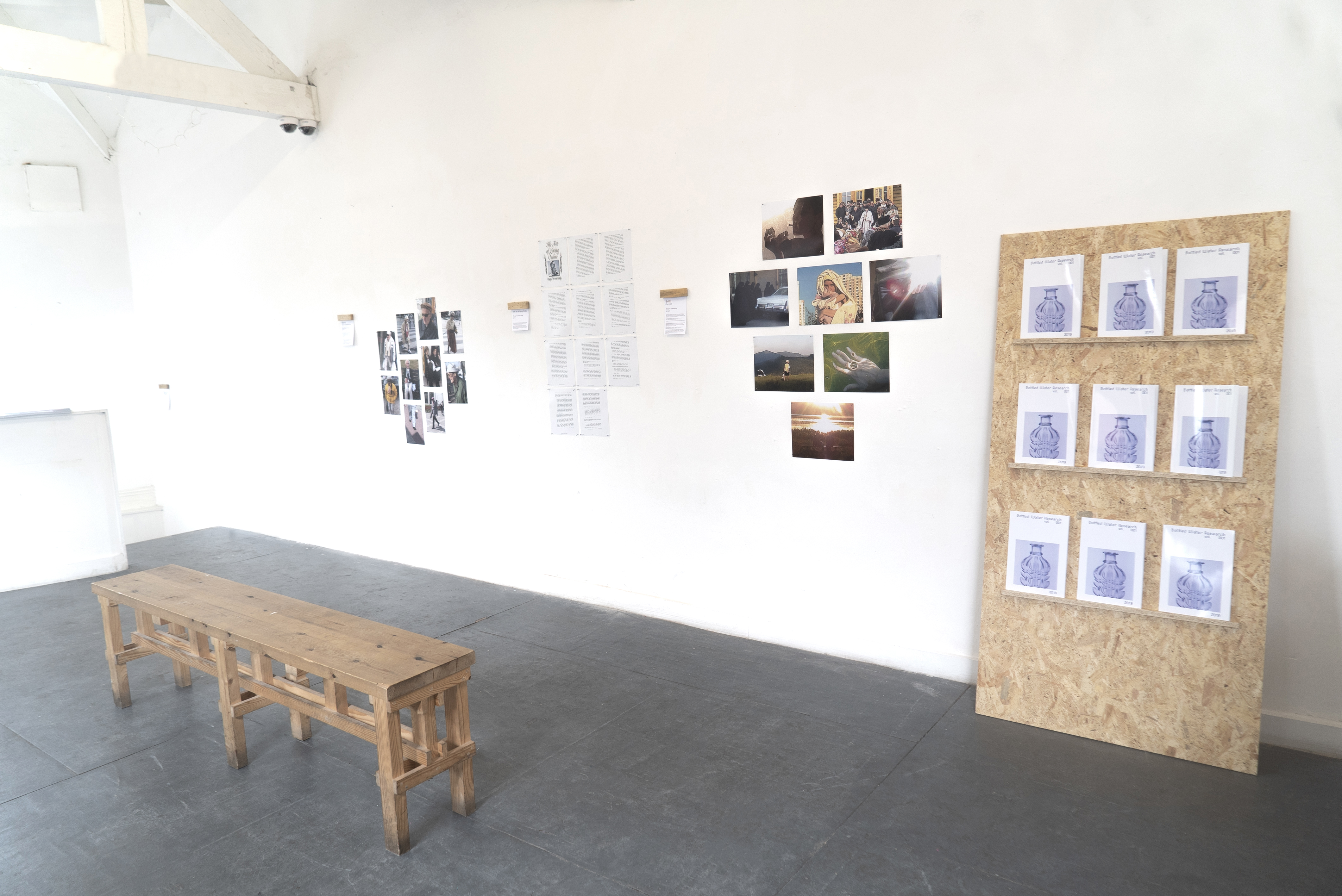
How much do you feel that the internet has become part of reality now? Is your persona online equal to your persona in real life?
I don’t really post on social media anymore. At least not nearly as frequently as I used to. I’ve become much more of a stalker on it now.
What are the most important social responsibilities we currently have? What impact will this have on the next generation?
Observing and controlling emotions, I think. Not being a slave to fears and impulses, but rather fighting them off in favour of making decisions based on rationality. If we worked a little more on this then a lot of everything else would fall into place naturally.
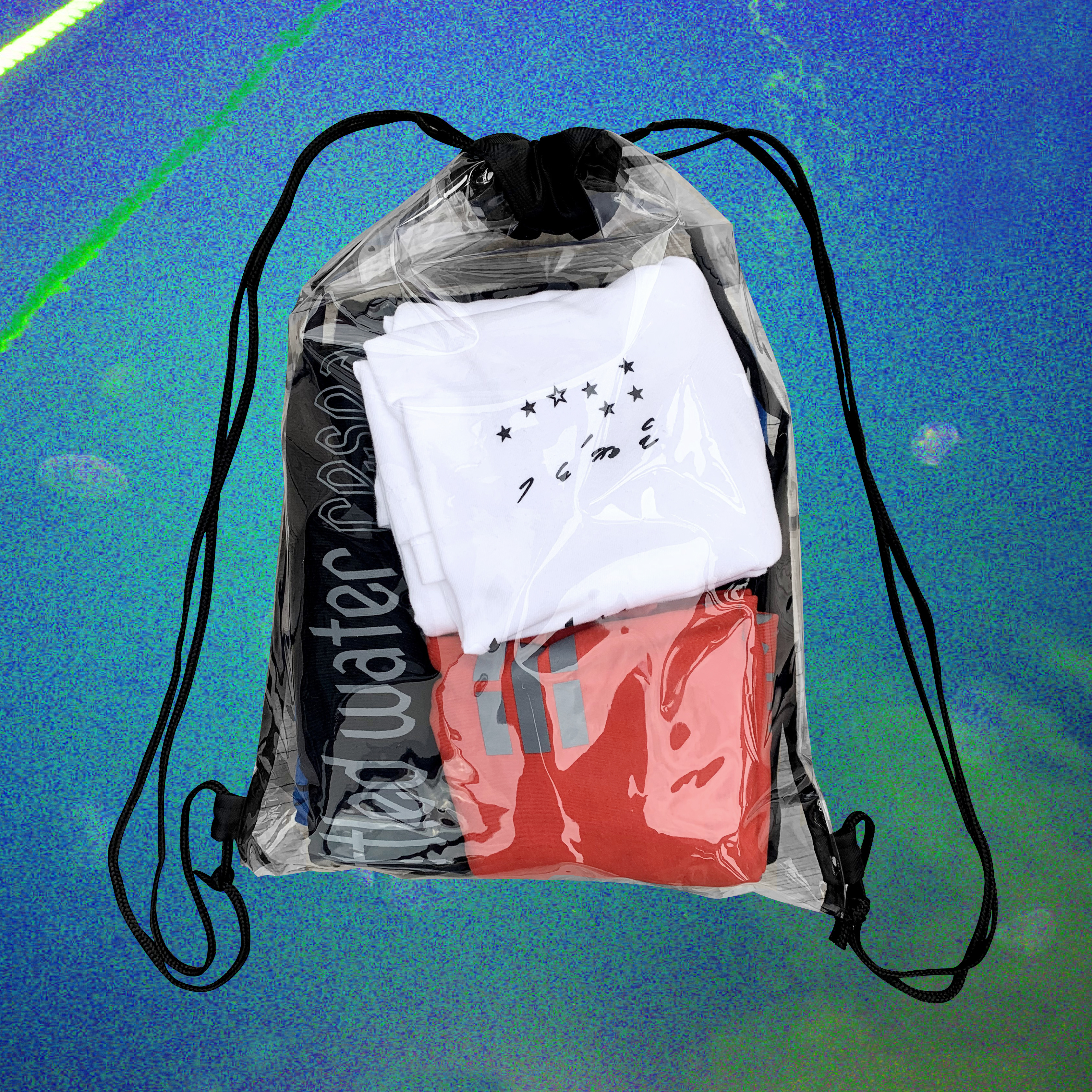
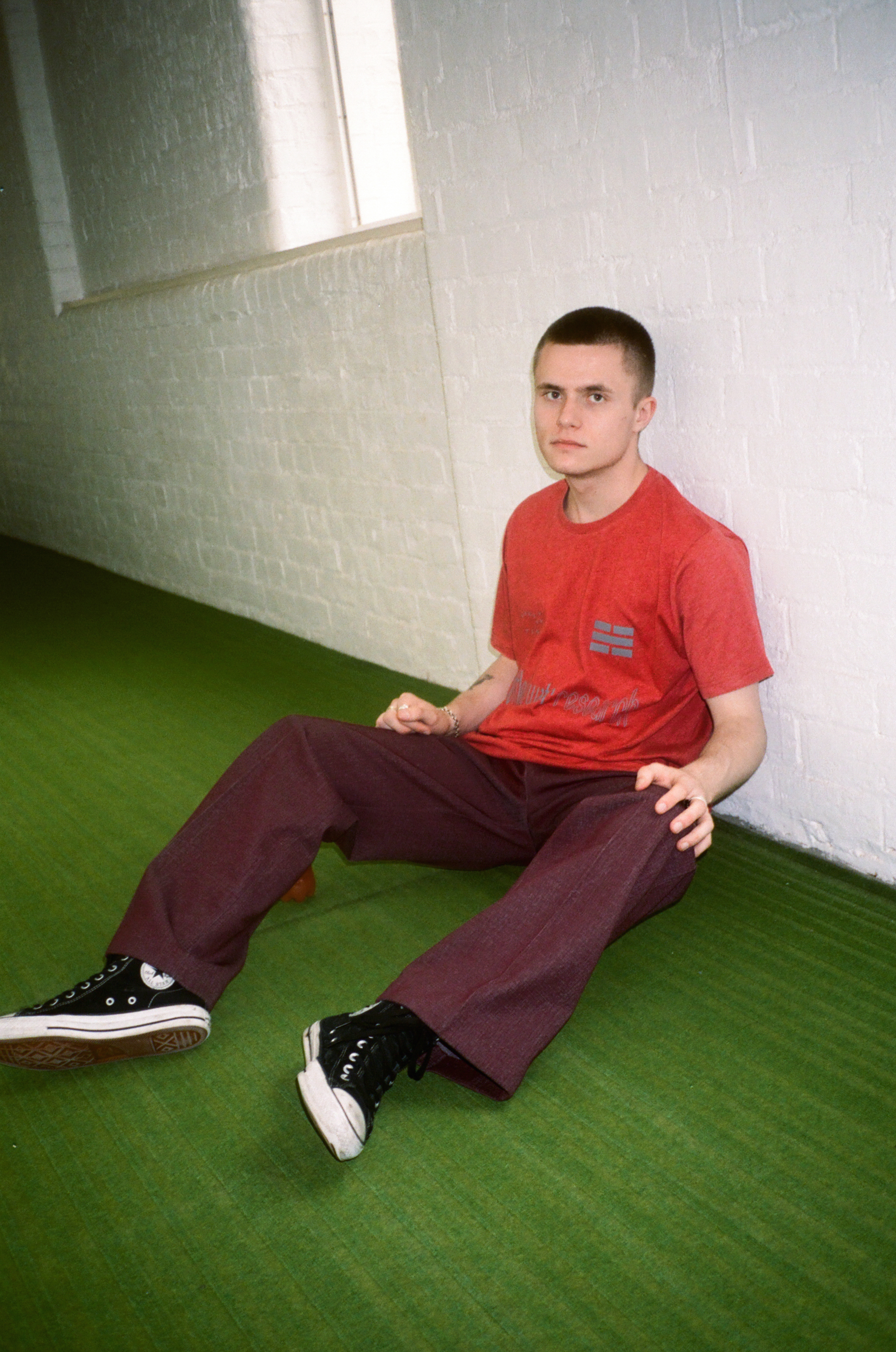
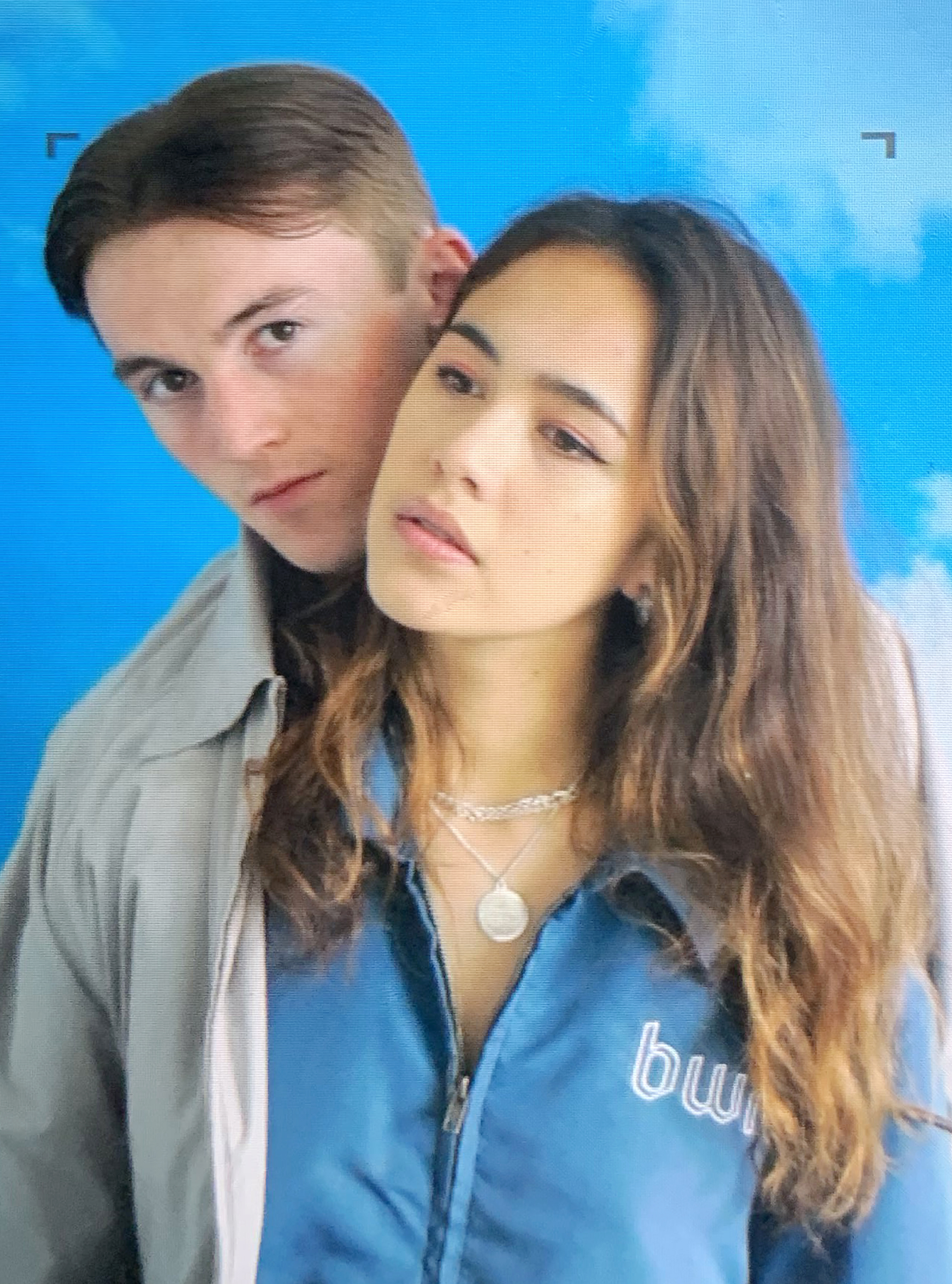
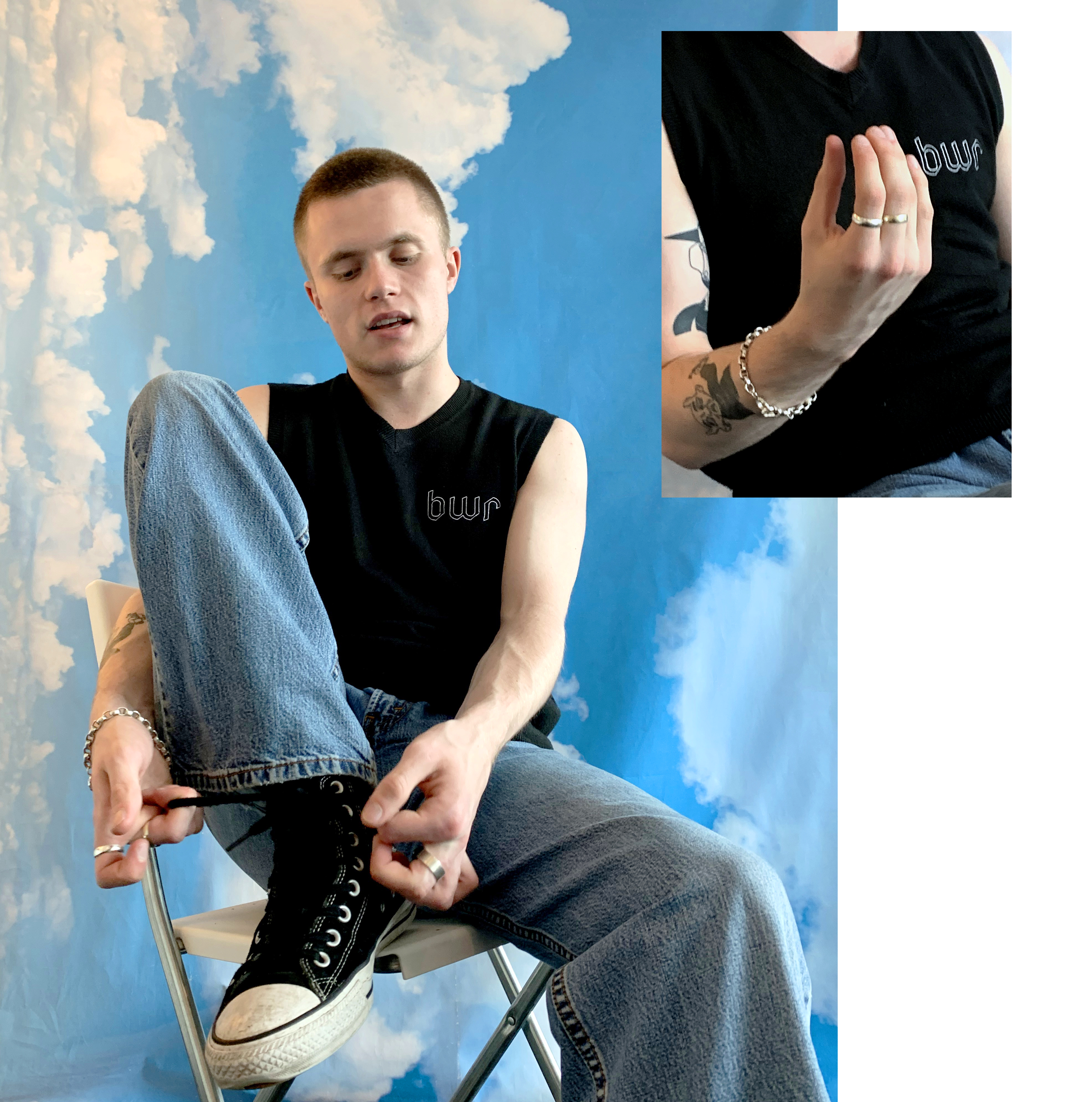
How do you see Bottled Water Research developing throughout 2019 and beyond?
I want to get real experimental with it for the first year. Just mess around and work through a lot of different mediums to try and really define what it is, or what it should be. Collaborate with like-minded people to produce documentaries, more streetwear releases, maybe another publication. And then once BWR is really defined in its identity, and I really know what it is, I would want to host more pop-ups and physical spaces.
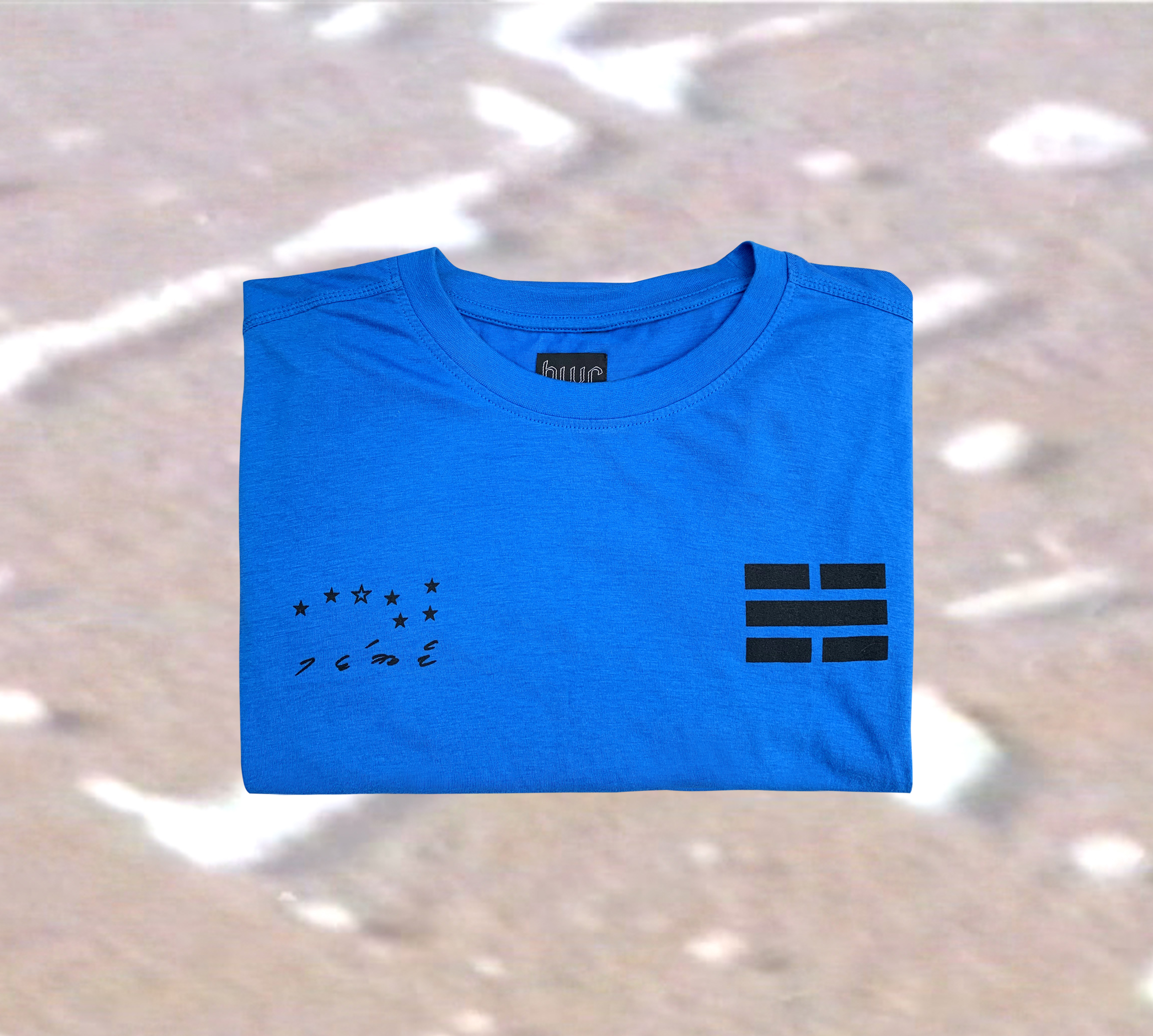
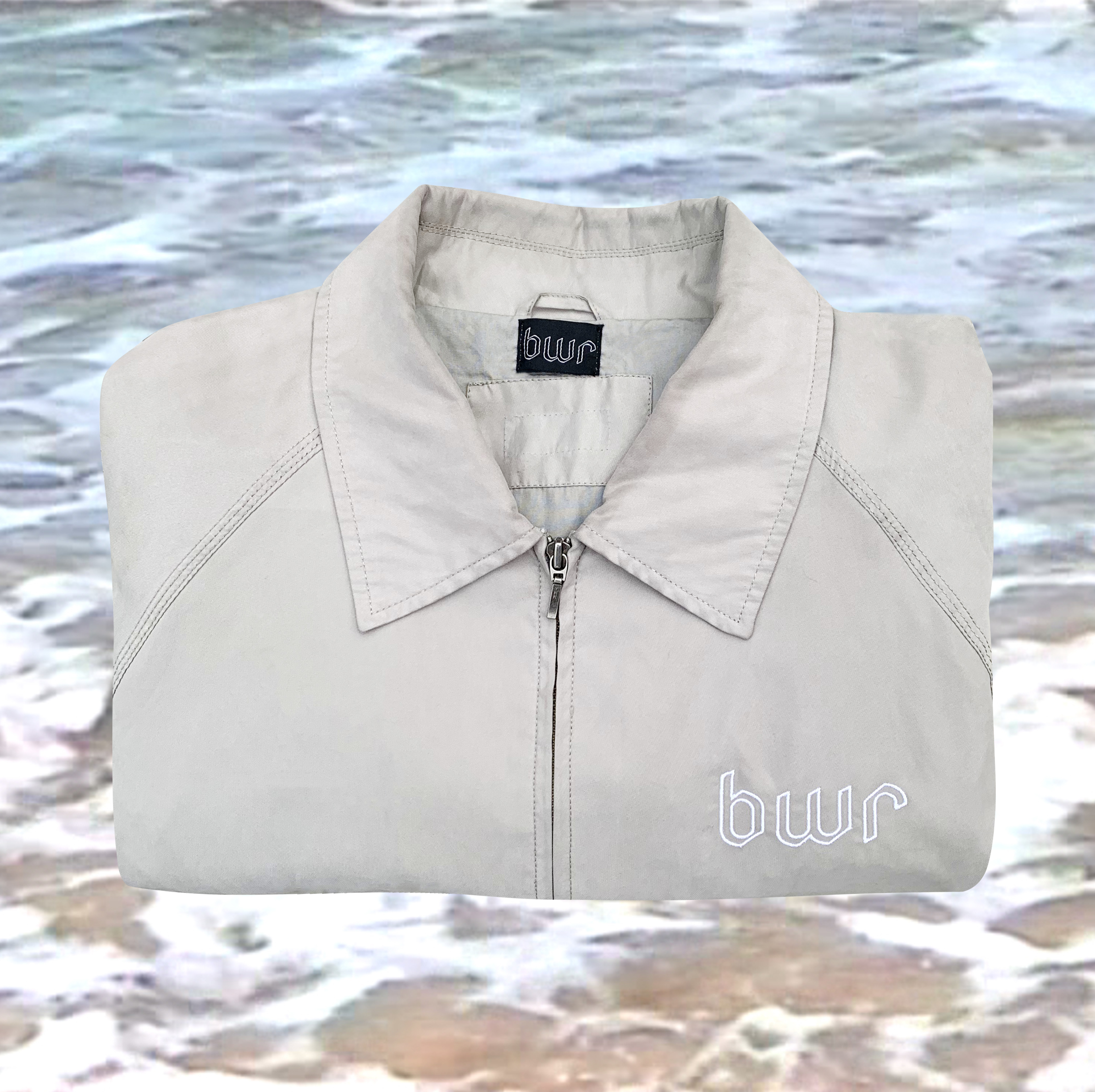
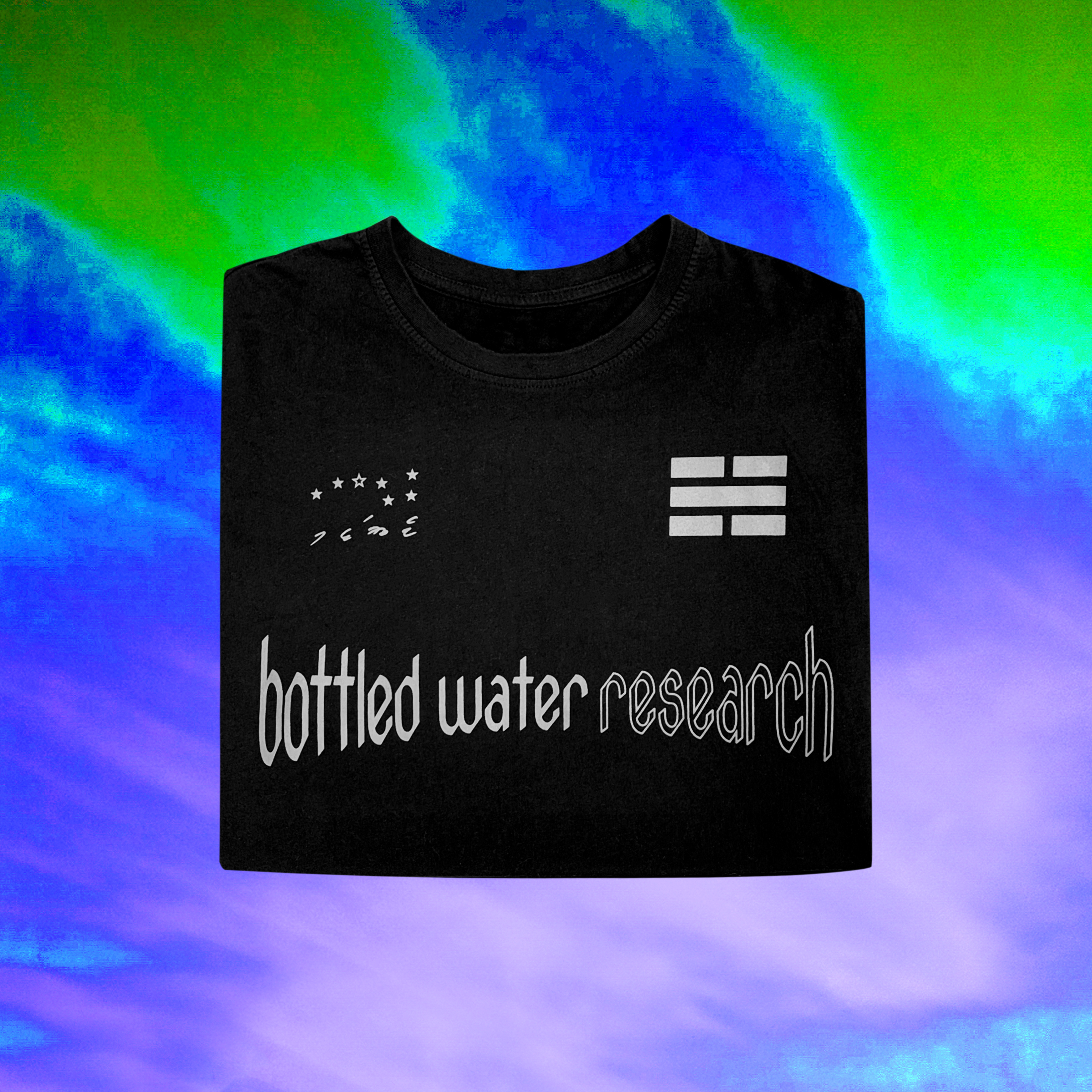
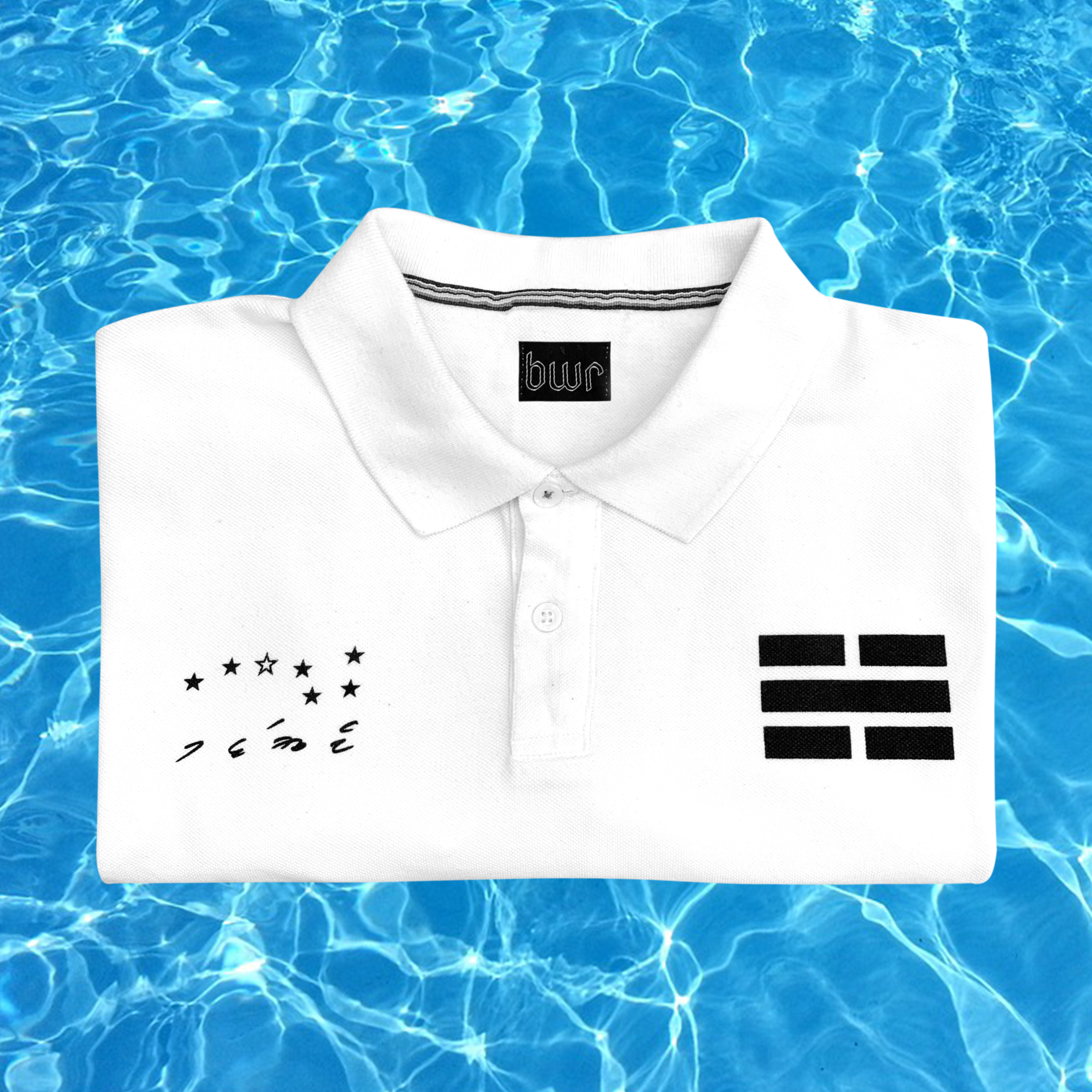
Edited and Interviewed by MATHEW PRICHARD
Photographs by EWAN WADDELL
